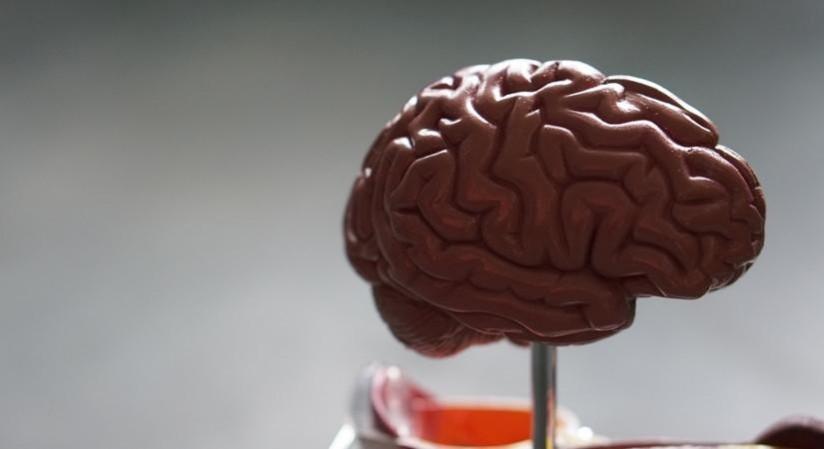A recent study conducted by scientists from Yale University and the University of California-San Francisco has discovered a drug based on a key kidney protein that has the potential to enhance brain function and potentially combat dementia in humans.
The researchers conducted successful experiments on mice and subsequently tested the protein on rhesus monkeys, which are more closely related to humans.
The results of the study revealed that a single dose of the Klotho protein significantly improved cognitive abilities and memory in aging monkeys, with the effects lasting for at least two weeks. These findings hold promise for future treatments in humans.

Klotho protein is naturally produced by the kidneys and circulates in the blood. It has been linked to overall health and lifespan, but its levels naturally decrease as individuals age.
The scientists stated in the research abstract, which was published in the journal Nature Aging, that they validated the efficacy of the rhesus form of the Klotho protein in mice by demonstrating its ability to enhance synaptic plasticity and cognition.
Klotho to improve memory
They also found that a single administration of a low dose of Klotho improved memory in aged nonhuman primates. Based on these findings, they believe that systemic low-dose Klotho treatment could be therapeutic for aging humans.
As the world population continues to age rapidly, addressing cognitive deficits and diseases like Alzheimer's has become a significant biomedical challenge, necessitating effective pharmacological interventions.
Previous studies on mice showed that animals with higher levels of Klotho protein outperformed normal mice on maze tests.

In the recent study, 18 rhesus macaques, whose ages were equivalent to approximately 65 human years, were administered a dose of Klotho to assess their working memory in a food-finding task. Upon retesting the monkeys after two weeks, researchers found that the animals made correct choices more frequently than before receiving the injection.
According to Dena Dubal, a professor of neurology at the University of California-San Francisco, Klotho improved the monkeys' performance on an easier task by about 6 percent and on the more challenging version by approximately 20 percent.
Dubal explained to the media that the next step will involve testing even lower doses in human clinical trials to determine the optimal therapeutic dosage for humans. She suggests that replenishing Klotho levels may be more beneficial for brain health than administering high doses of the protein.
(With inputs from IANS)

















